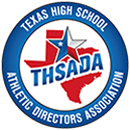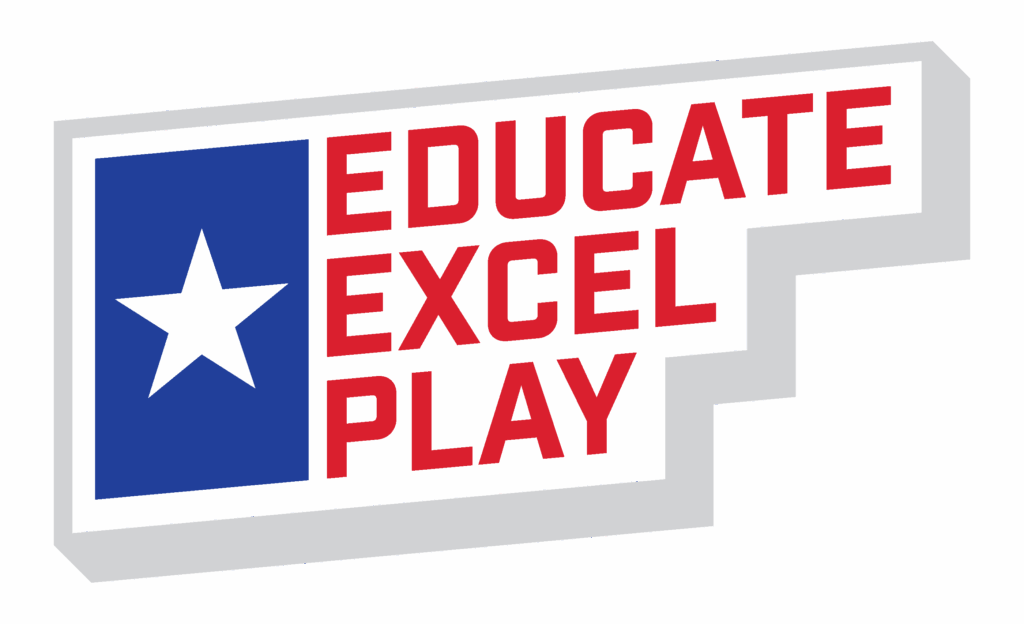Texas high school athletics are more than competition—they are the heartbeat of our communities. Friday nights under the lights, rivalries that go back generations, and the pride of wearing your hometown’s colors are woven into the fabric of our state. Unlike other places, Texas has held onto a model where student-athletes represent their local schools, coached by educators who care about their growth both in the classroom and on the field.
That system is now threatened by sport-centric academies and programs that recruit athletes away from their public schools, prioritizing athletic performance over education.
The difference between education-based athletics and sport-centric academies extends beyond location—it’s a matter of philosophy. In our public schools, athletics are an extension of the classroom. They teach discipline, teamwork, and how to balance responsibilities—skills that prepare students for success long after graduation. Texas coaches are professionals—well-trained, certified educators who devote their careers to developing the whole student, not just the athlete. We create strong relationships throughout a rigorous school environment, where kids are provided high-quality coaching in their local communities while competing against the best programs in the state. When we shift to a model that values wins and personal stats above academics, we risk losing the very qualities that make Texas high school athletics unique.
A Complete Academic Experience
Public schools offer a broad and challenging curriculum—AP, honors, dual credit, and career-prep courses—taught by certified educators trained in diverse teaching methods. Students have the freedom to explore interests beyond sports, from fine arts to STEM to student leadership. In contrast, online or limited-course programs at sport-centric academies cannot match this range or rigor, leaving students underprepared for college or the workforce, especially if athletics are not their ultimate path.
Support Systems that Catch Students Before They Fall
Public schools surround students with trained professionals—academic advisors, intervention specialists, and mental health counselors—who can identify and address struggles early. Daily, in-person contact with teachers makes it far easier to spot when a student needs help. In a virtual or sports-only environment, warning signs are often missed until it’s too late.
A Balanced, Well-Rounded Life
The traditional high school experience blends academics, athletics, and personal milestones. Pep rallies, prom, multi-sport participation, and leadership opportunities help develop social skills, resilience, and adaptability. Multi-sport participation in particular fosters versatility, reduces the risk of burnout, and allows athletes to develop skills that translate across games—a quality that many college coaches value highly. Students also benefit from learning to interact with a variety of authority figures beyond their coach, preparing them for life’s many arenas. A narrow, sports-only schedule can rob students of these formative experiences.
Preparing for the Reality Beyond Sports
Only a small fraction of high school athletes will earn a college athletic scholarship, and even fewer will play professionally. A singular focus on sports leaves students vulnerable if that dream doesn’t materialize. Public schools prepare students for all futures—athletic and non-athletic—through exposure to new subjects, activities, and careers. Lower academic rigor in sport-centric academies can also jeopardize eligibility for academic scholarships, further limiting post-high school opportunities.
How Public Schools Prepare Athletes for the Next Level
Public school athletics don’t just prepare students for life—they prepare them for college sports. College coaches want athletes who can thrive in the demanding world of college athletics, and public schools provide that training ground. Daily attendance, classes, practices, and extracurriculars mirror the busy schedules student-athletes face in college, teaching time management and accountability. Multi-sport opportunities build stronger, more adaptable athletes, which the majority of recruiters value highly. Just as importantly, competing in a diverse school environment demonstrates that athletes can work within a team, communicate effectively, and handle adversity. These combined experiences give public school athletes a clear edge in both recruitment and long-term success.
Protecting Student Well-Being from Commercialization
Sport-centric academies often lean toward commercialization—treating athletes as assets, not students. The constant pressure to perform can lead to physical and mental burnout. Education-based athletics focus on long-term development, ensuring that when the game ends, the athlete still has a strong foundation to thrive in life.
Call to Action
So, what can you do at your school to push back against the growth of athletic-based, sport-centric schools in your area and protect your student-athletes from being recruited away? First, take a stand by refusing to legitimize these programs—do not put them on your schedule, play in their tournaments, rent your facilities to them, or allow any ISD access. Next, educate the parents in your district on the risks of sports-only schools and the many benefits of staying in your public school system. Promote your program intentionally—share success stories, highlight the positive impact athletics has on your community, and provide data that proves the strength of your teams.
Finally, we urge high school coaches to take an active role in the college recruitment process of their athletes. Advocate for your players, communicate with recruiters, and help families navigate opportunities so that student-athletes see firsthand the doors that public school athletics can open.
The more visible and proactive you are, the harder it will be for sport-centric academies to gain a foothold in your community.
Conclusion
This fight is not about resisting change—it’s about preserving the best of what Texas has built. Public schools and education-based athletics create more than athletes; they create well-rounded, resilient, and engaged citizens. If we allow sport-centric academies to replace this model, we risk trading our traditions, community pride, and student well-being for short-term gains on a scoreboard. Our student-athletes deserve a school system that values both education and competition equally—and a community that stands with them long after the final whistle. Protecting education-based athletics is protecting the future of Texas towns, schools, and youth.
Educate. Excel. Play
The following associations endorse this statement:
Texas High School Coaches Association (THSCA)
Texas High School Athletic Directors Association (THSADA)
Texas Girls Coaches Association (TGCA)
Texas Six-Man Coaches Coaches Association (TSMCA)
Black Coaches of Texas (BCTX)
Cross Country Coaches Association of Texas (CCCAT)
Hispanic Texas High School Football Coaches Association
Texas Association of Basketball Coaches (TABC)
Texas Association of Golf Coaches (TAGC)
Texas Association of Soccer Coaches (TASCO)
Texas High School Baseball Coaches Association (THSBCA)
Texas Interscholastic Swimming Coaches Association (TISCA)
Texas Tennis Coaches Association (TTCA)




